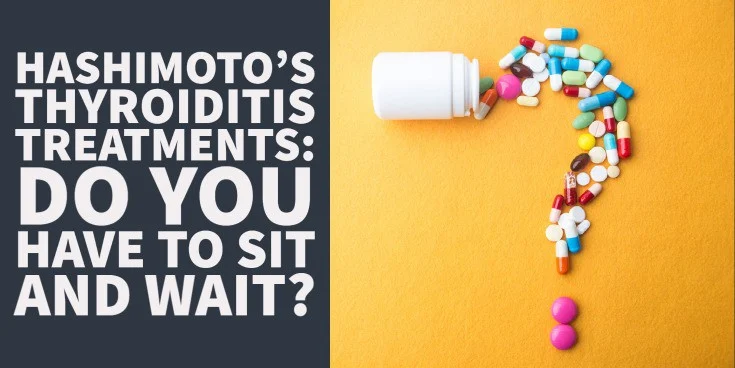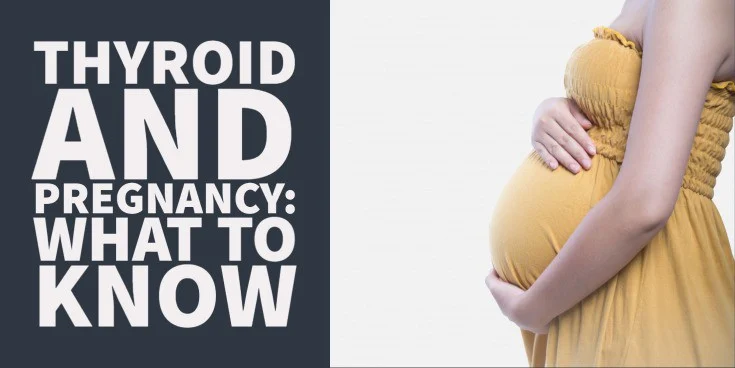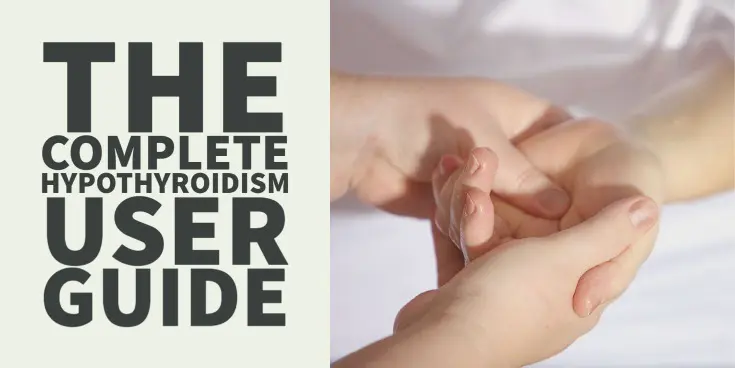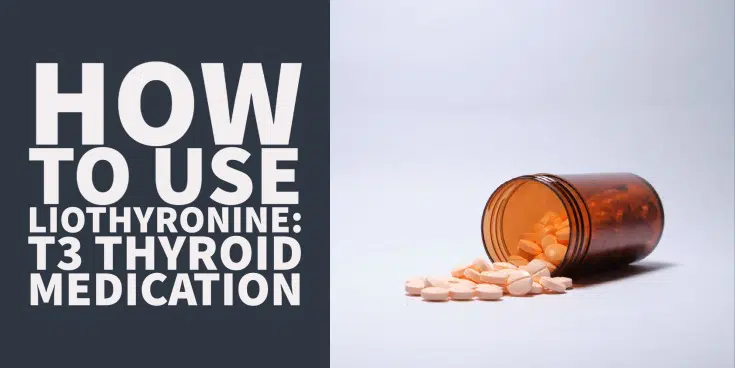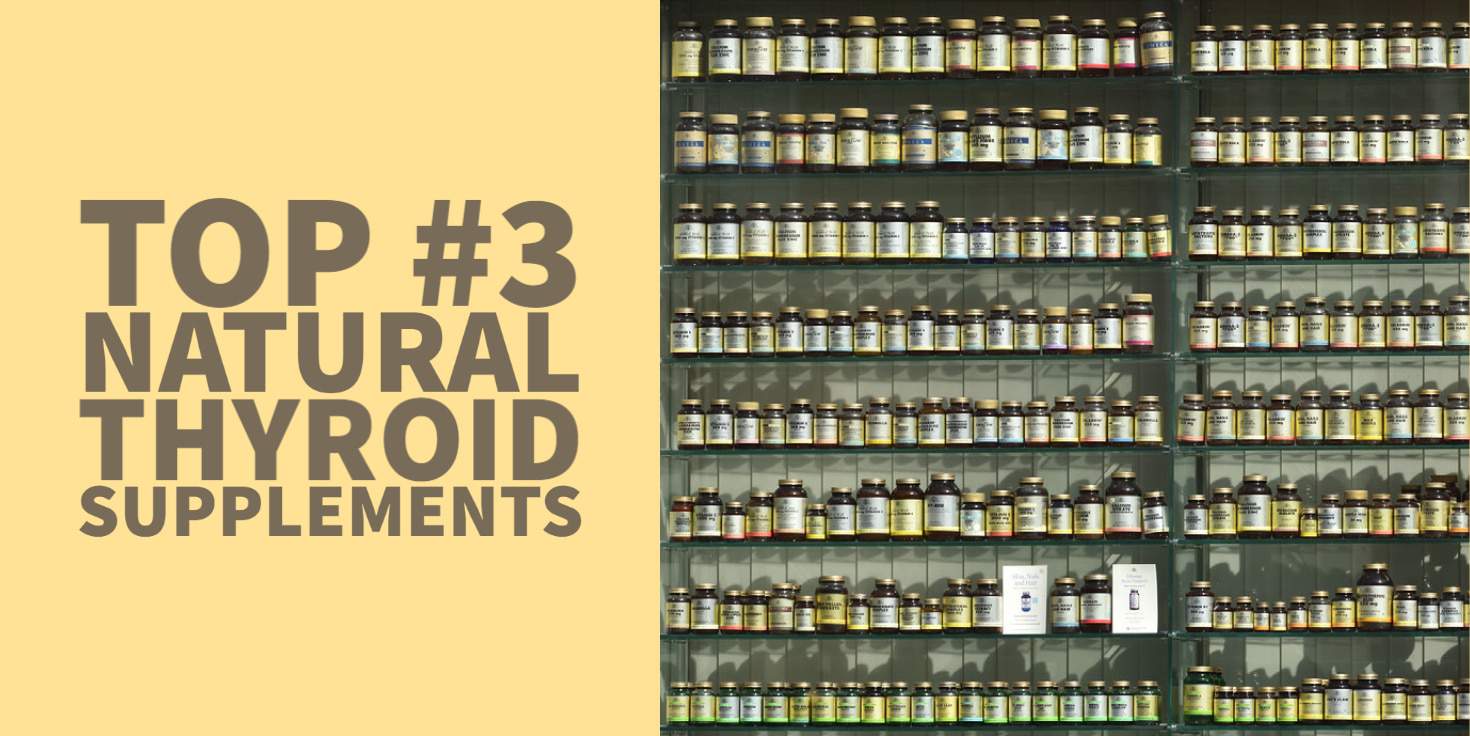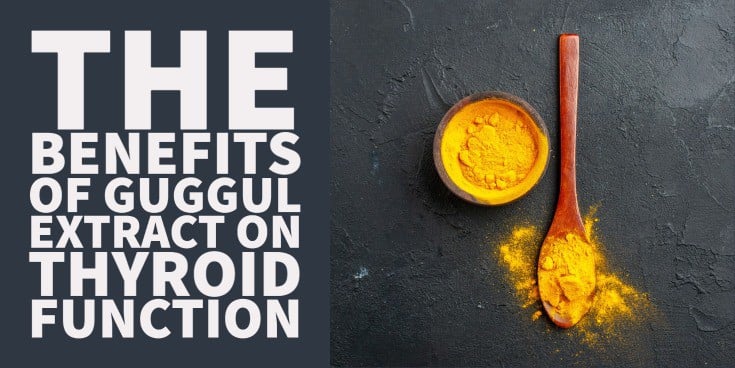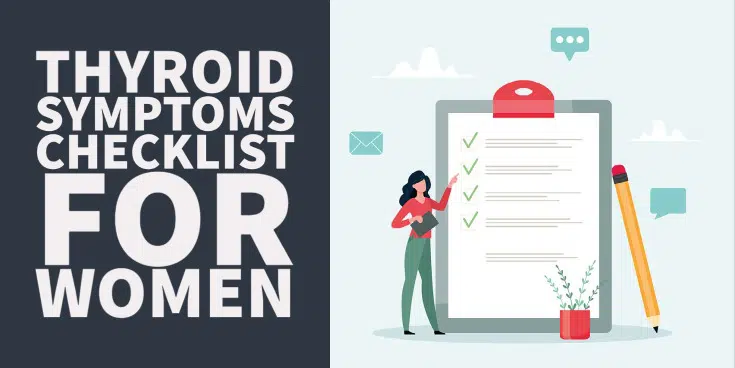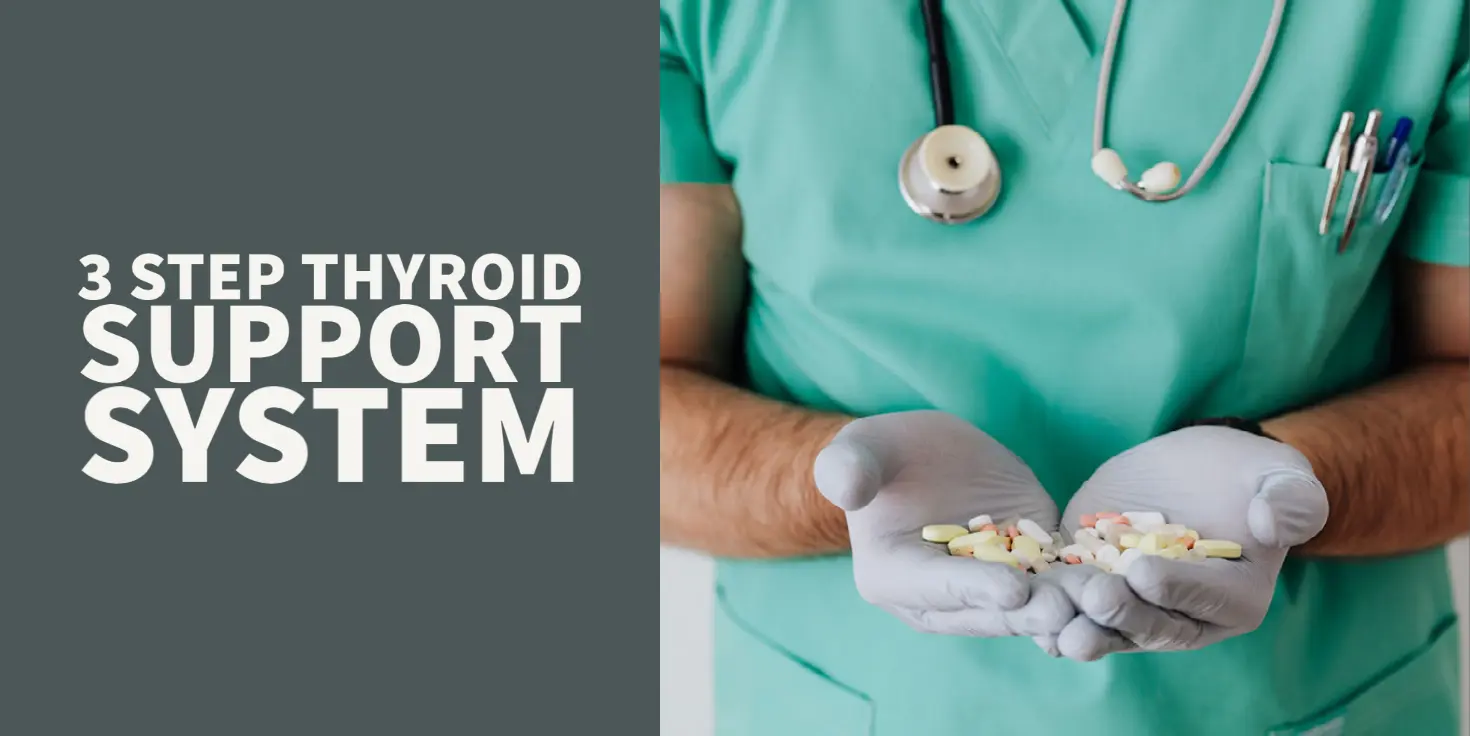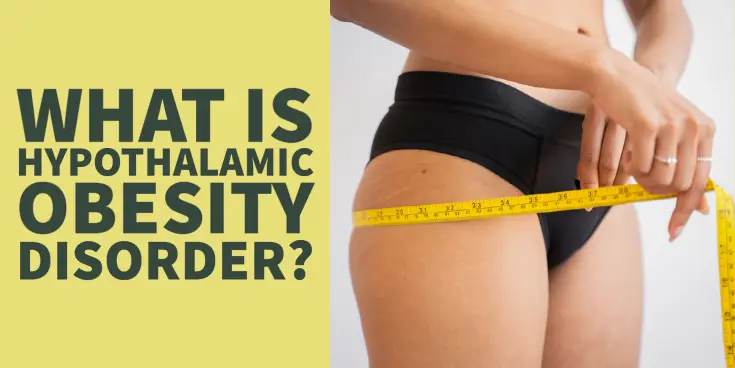Hashimoto’s Thyroiditis Treatments: Do You Have to Sit & Wait?
Do you have Hashimoto’s thyroiditis? Are you wondering about how to treat or manage this condition? If so then you need to understand the main difference between the standard approach and the integrative approach to treating this disease. In this guide, you will learn the basics of Hashimoto’s, what causes this condition, how it presents …
